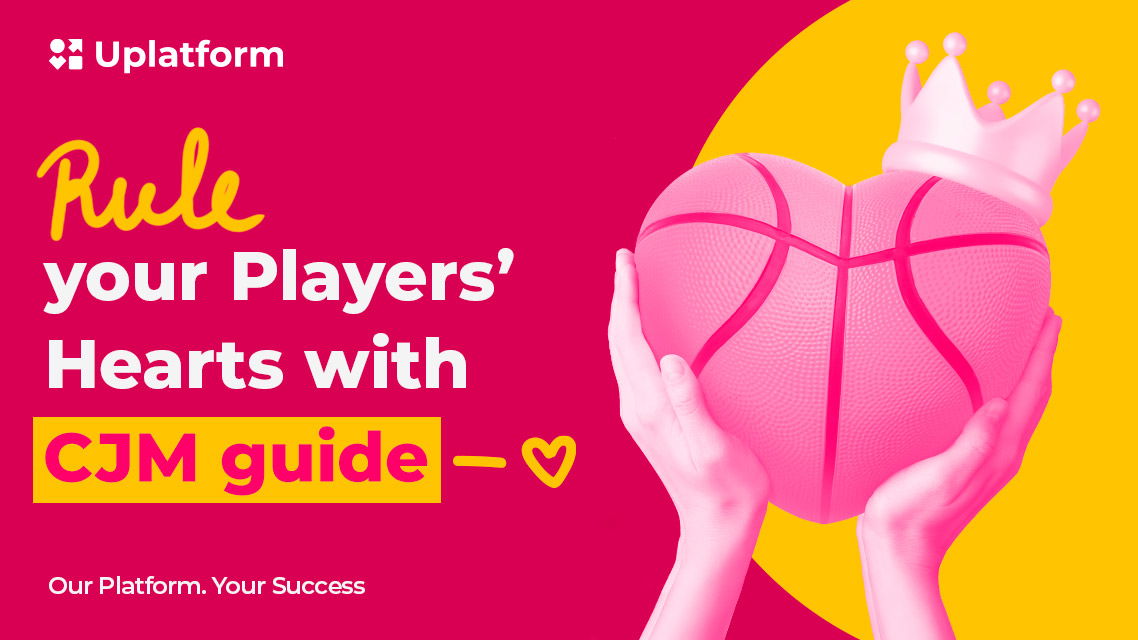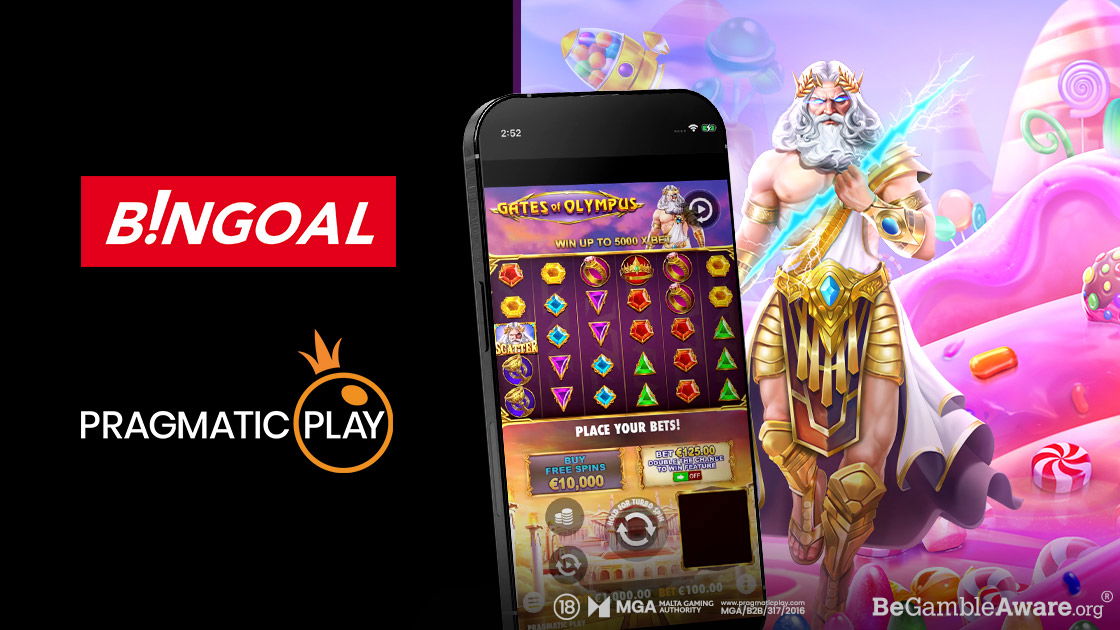GambleAware report suggest UK white paper measures do not go far enough to reduce player harm

A new risk report commissioned by GambleAware and conducted by Bournemouth University claims that the proposed measures in the UK government’s gambling white paper do not go far enough to protect players from harm when participating in high-risk gambling. Published in April 2023, the white paper featured a range of proposed measures, some of which have already been implemented.
The publication considers which gambling activities pose the highest risks of harm. Results are based on the responses of 40,502 people who took part in the Annual GB Treatment and Support Survey in 2020, 2021, or 2022. The report, released on Wednesday, looks at all major gambling methods, such as electronic gaming machines (EGMs), online casinos, and the National Lottery.
As per the report's findings, EGMs were associated with the highest level of risk. This is based on GambleAware’s Problem Gambling Severity Index (PGSI) scale, a series of nine questions about gambling behavior that indicate whether someone is at risk of harm.
Some 79% of people with a score of PGSI 1 or more, indicating some form of risky gambling behavior, play EGMs. Retail betting on sports other than football or horse or dog racing was second with 71%, then online casino at 63%.
On the PGSI scale, a score of 0 represents a gambler who did not display any problem gambling behaviors, while a score of above 8 is considered high-risk. As the scale increases, so does the rate of adverse consequences experienced by players, based on a selection of nine behaviors.
These results are similar to those found in the Gambling Commission’s 2023 survey, which noted novelty betting markets were the highest-risk vertical among players in that year.
The report also notes the gambling activities least associated with gambling problems. The National Lottery exhibited the smallest proportion at 19%. It was also the activity least associated with those who scored highest on the PGSI.
The report found the more activities people participated in, the more likely they had a higher level of problems. However, the prevalence of problems was higher among those who gambled once a fortnight, compared to those gambling once a week.
Zoë Osmond
Zoë Osmond, GambleAware CEO, said based on the results, she has reservations about whether the recommendations put forward in the white paper are enough. Osmond is now calling for more action to address some of the flagged concerns in the report.
"No form of gambling is completely without risk. However, this new research shows that there are some particular types of gambling which can lead to an increased chance of experiencing gambling harm, which can have a corrosive effect on people’s lives, finances, careers, and relationships," she noted.
According to Osmond, the research brings into question some of the measures outlined in the gambling white paper. These include relaxations in land-based gambling, which could lead to an increase in EGMs in venues.
"Also having different online slot stake limits for those aged over 25. We believe people over 25 should have the same lower limits as those who are younger. The report suggests the measures do not go far enough to protect people. This is why we are calling for the recommendations in this report to be adopted as they will help ensure that people can be better protected," she added.

GambleAware urged "more stringent restrictions on all types of gambling." It said that regulations should prioritize reducing the harm caused by EGMs.This could mean greater restrictions on younger adults, including those who are currently at legal age to play EGMs.
GambleAware also said those who gamble should not be treated as a homogenous group. It said consideration should be given to potential risks associated with gambling for all people. However, it also said particular attention should be paid to reducing the harm experienced by individuals who gamble heavily.
Other points include personalizing intervention and prevention strategies where possible. The organization also said operators should require customers to complete a standardized measure of ‘problem gambling’ whenever they create a new account.
Finally, the report addressed so-called loot boxes in video games, where players can buy a mystery bundle of unknown virtual items. GambleAware is calling for regulations on activities like this to break the link between gambling and video games.
"Based on our literature review, we conclude that the interaction between video gaming and gambling should not be ignored," the report said. "The evidence suggests that gambling-like practices can contribute to gambling-related harms, particularly among younger individuals. Implementing age restrictions on these features can help mitigate the risks associated with early exposure to gambling-like activities."


















































